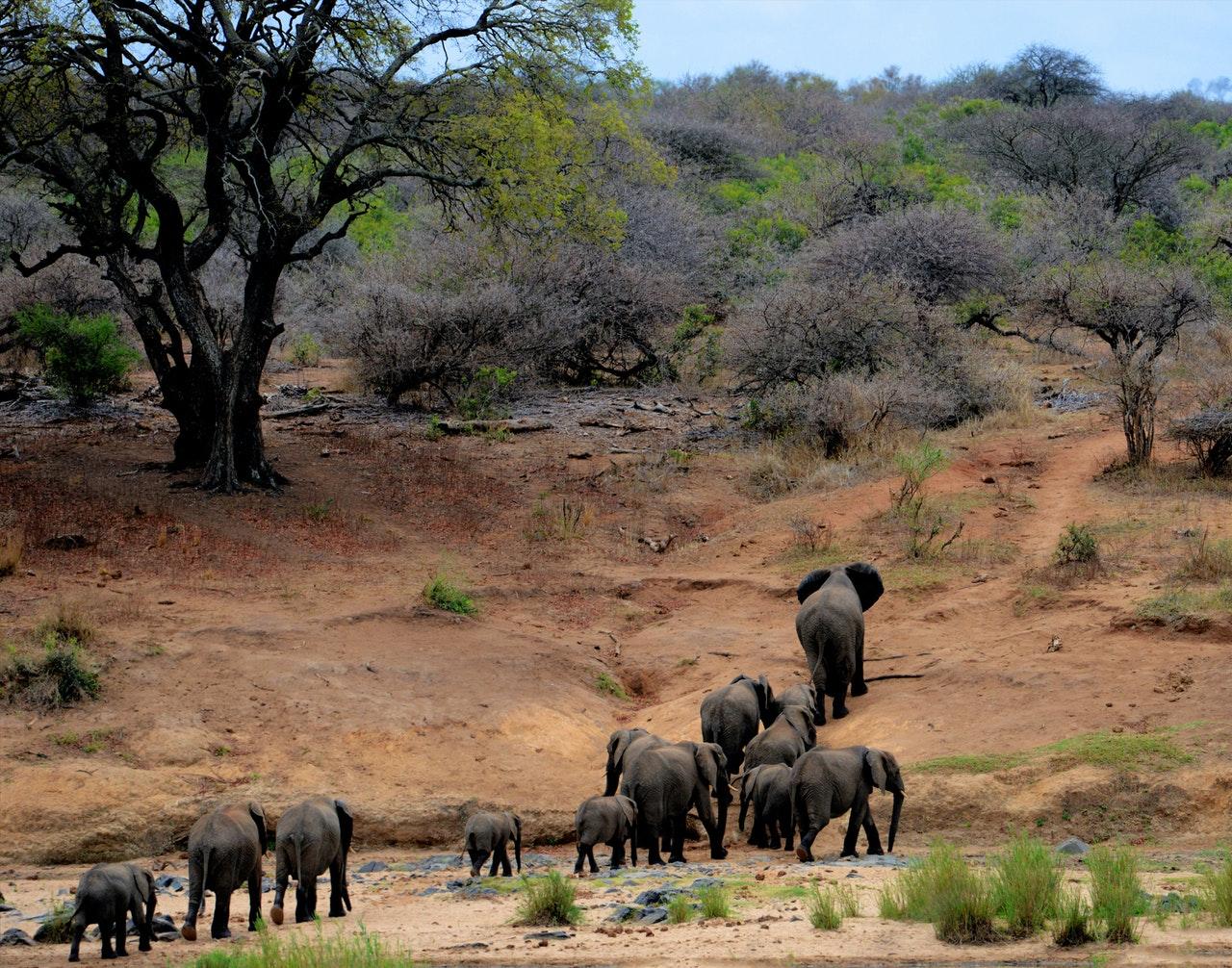330 mystery elephant deaths, probable cause discovered
The elephants' trunks may be the answer, say scientists.
Just In
Africa’s overall elephant population is declining due to poaching but Botswana, home to almost a third of the continent’s elephants, has seen numbers grow to about 130,000.
Then this year, Botswana’s elephants started dying, huddled together and from no apparent cause. Poaching was quickly ruled out as the animals still had their tusks.
The number of deaths rose to 330. And yet other animals appeared unharmed.
Everyone was baffled and alarmed and several scientific probes were begun.
Investigators now believe toxins produced by cyanobacteria in waterholes were poisoning the elephants, Business Day South Africa reports.
Cyanobacteria are microscopic organisms common in water. Not all produce the deadly bacteria but scientists say this is occurring more frequently as climate change drives up global temperatures.
Southern Africa’s temperatures are rising at twice the global average, according to the Intergovernmental Panel on Climate Change.
The department of wildlife and national parks principal veterinary officer Mmadi Reuben told a news conference on Monday, “Our latest tests have detected cyanobacterial neurotoxins to be the cause of deaths. However, we have many questions still to be answered such as why the elephants only, and why that area only?”
Speculation is that the poisonous bacteria live hear the bottom of the waterholes and elephants may be the only animals to have drunk the deadly brew as they used their trunks to suck up water from deeper down.
In neighbouring Zimbabwe, about 25 elephant carcasses were found near the country’s biggest game park and authorities suspect they succumbed to the same bacterial infection. Wildlife authorities have sent samples to Britain for testing.
The suspect water holes have now dried up, and the dying has stopped.
But everyone is asking themselves the same question: What will happen when the rains return?
Subscribe to our newsletter
To be updated with all the latest news and analyses daily.
